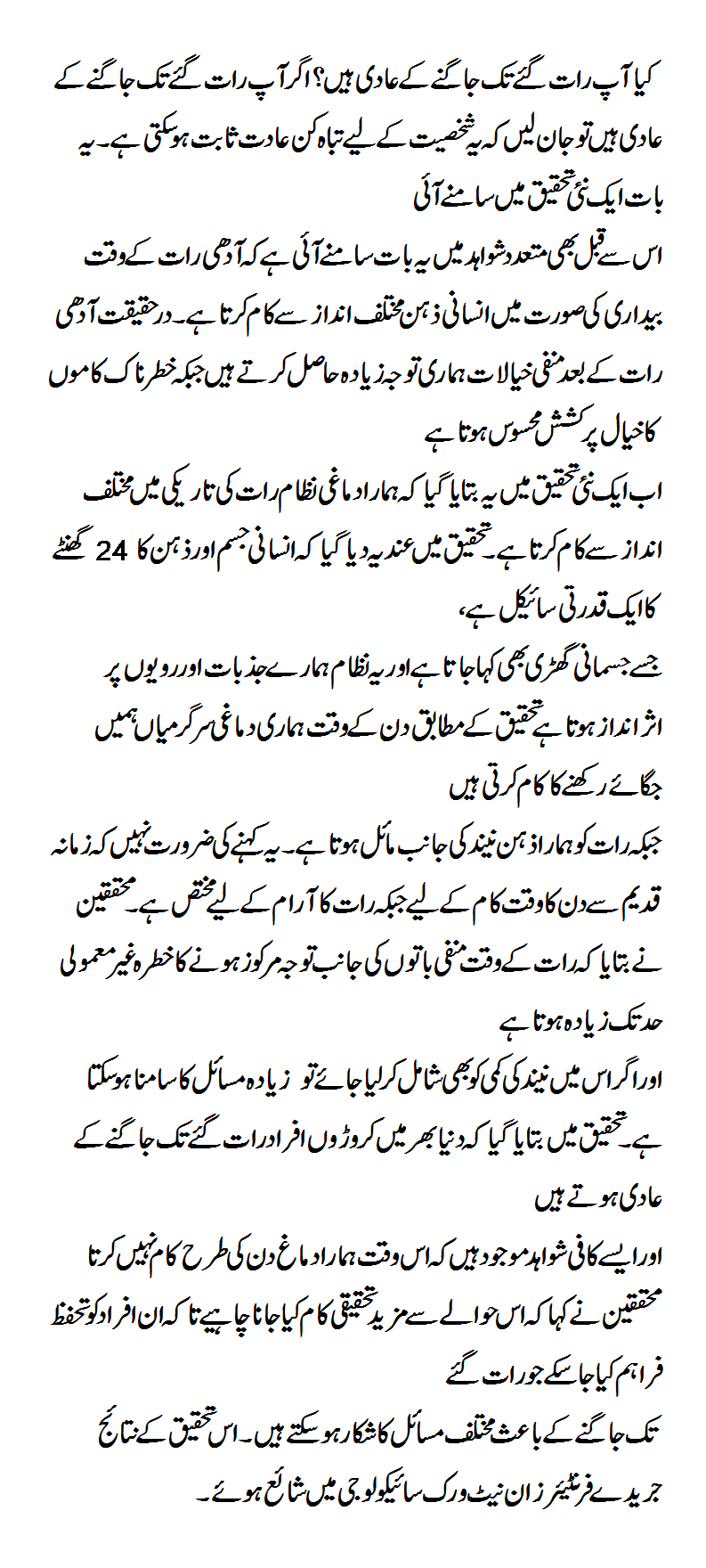Night owls are people who go to sleep late instead of getting up early in the morning. Here are 12 reasons why getting to bed in the wee hours may be bad for your health.01of 14
Higher Blood Pressure Link
Night owls are more at risk for high blood pressure (hypertension) than people who don’t stay up late, according to Andrew Varga, MD, assistant professor of medicine, pulmonary, critical care, and sleep medicine at Icahn School of Medicine and Mount Sinai Health System. This common condition happens when the force of the blood against the artery walls is too high, according to the National Heart, Lung, and Blood Institute. Lifestyle patterns such as unhealthful eating or lack of exercise (see below) may contribute to night owls’ higher likelihood of hypertension. Stress—both physiological and psychological—may play a big role, as well.02of 14
Less Likely to Workout
Researchers for an April 2022 study published in the Health Promotion and Chronic Disease Prevention Journal investigated the link between children’s and adolescents’ sleep timing and health indicators. They found that the later the sleep time, the higher incidence of sedentary behavior.
Most fitness experts agree that the best time of day to exercise is different for everyone. But getting up early and working out first thing does have its advantages: A morning workout can help you make better wellness choices all day, and you may even lose more weight. According to a 2019 study in the International Journal of Obesity, people who exercised earlier in the day (at least before noon) lost “significantly more weight” than people who exercised later in the day, past 3 p.m.03of 14
May Lead to Weight Gain
“When people go to bed late, they’re up living their lives—and one of the things they’re often doing is eating,” said Dr. Varga. “If your bedtime is 3 in the morning, you’re probably eating around 11 p.m. or midnight, and that’s been known to create problems with the way your body handles and metabolizes food.”
Some experts believe that eating after dark disrupts the body’s natural overnight fasting period, which can interfere with its ability to burn fat. Night owls can also consume more calories–perhaps because willpower is lower when we’re tired and we tend to crave unhealthful foods late at night.
